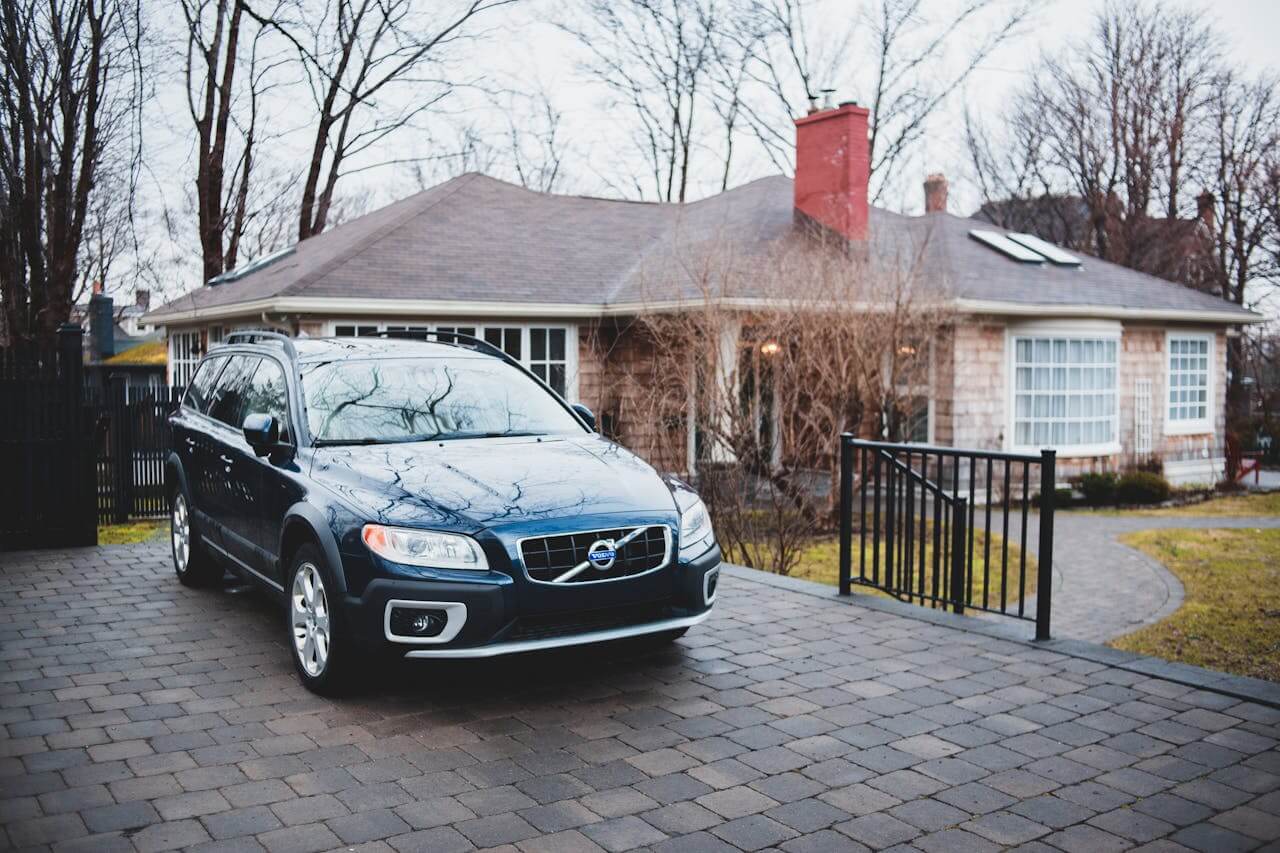Does car finance affect your mortgage?

In today's financial landscape, it’s fairly common for people to have multiple credit agreements at once. With car finance being a common aspect of personal finance, it's natural to wonder about the impact this could have on other financial aspects of life, especially securing a mortgage. Let's explore some key questions surrounding the question of whether car finance can affect your mortgage applications in future.
Does car finance affect your mortgage?
Yes, car finance can indeed have an impact on your mortgage application. Lenders look at various things when deciding if you are eligible for a mortgage, and having existing debts like HP car finance or PCP car finance, or a car lease are among them. Your ability to manage and afford multiple financial commitments influences the lender's decision on how much money they're willing to lend you, and the interest rate they will offer you.

Do mortgage lenders check leases?
Yes, mortgage lenders typically do a thorough check of your finances when you apply for a mortgage, which often involves looking at whether you have leases and other forms of debt. They check your overall financial health and decide the level of risk with lending to you. Therefore, car finance arrangements, including car lease agreements and other leases, are likely to be looked at by lenders during the mortgage application process.
Can you borrow more on your mortgage for a car?
While it's technically possible to borrow more on your mortgage to finance a car, it's not always advisable. Increasing your mortgage debt for non-property-related expenses may not be financially wise in the long run and could mean you end up paying more in interest. Additionally, lenders may have restrictions or specific criteria around what your mortgage funds can be used for, so it’s important to check the terms of your mortgage agreement carefully before you buy anything with your mortgage funds.
Can I afford a mortgage if I have car finance?
Having car finance doesn't necessarily stop you from affording a mortgage; it’s all down to your own personal finances. However, it's important to consider how your existing financial commitments, including car payments, will impact your ability to meet mortgage repayments comfortably. Lenders will always look at your income, outgoing expenses, and debt-to-income ratio to determine whether you can afford a mortgage.
Will having car finance stop me getting a mortgage?
Having car finance doesn't automatically stop you from getting a mortgage. However, it can influence the amount a lender will let you borrow, and the terms of the mortgage they would offer you, especially if they think you can’t afford repayments. Responsible management of your car finance and demonstrating financial stability overall can positively impact your mortgage application.

Can I use a mortgage to pay for a car?
While it's technically possible to use a mortgage to finance a car purchase, it's generally not advisable. Mortgages typically offer lower interest rates compared to other forms of borrowing, but they're designed for long-term financing of property purchases. Using a mortgage for non-property-related expenses can increase your overall debt and interest costs, and some mortgage lenders don’t allow mortgage funds to be used for anything not related to your property.
How long after buying a new car can you apply for a mortgage?
The recommended time between buying a new car and applying for a mortgage can vary depending on your own individual circumstances and lender policies. It's generally recommended to wait until your finances and credit score stabilise after a significant financial event like buying a new car or getting car finance, which can involve waiting around 3 months or more. Lenders prefer to see a consistent financial profile with manageable debt before approving a mortgage application, so lots of big purchases using credit in a short space of time can put lenders off.
Can I get car finance with mortgage arrears?
Securing car finance with mortgage arrears (outstanding payments) is certainly possible, though it may be challenging. This is because lenders typically look at your creditworthiness and financial stability when deciding whether to grant you a car finance agreement. Missed mortgage payments and arrears indicate financial difficulties and may raise concerns for potential lenders. There are some lenders who specialise in bad credit car finance who would consider lending to people with poor credit histories, though this can sometimes come with stricter terms and higher interest rates.
So, while having car finance can affect your mortgage prospects, it's not necessarily a barrier to homeownership. Responsible financial management, maintaining a healthy credit profile, and seeking out professional advice can help you with managing multiple credit commitments effectively. As always, it's important to assess your individual circumstances and ask for guidance from qualified financial professionals when making significant financial decisions like these.